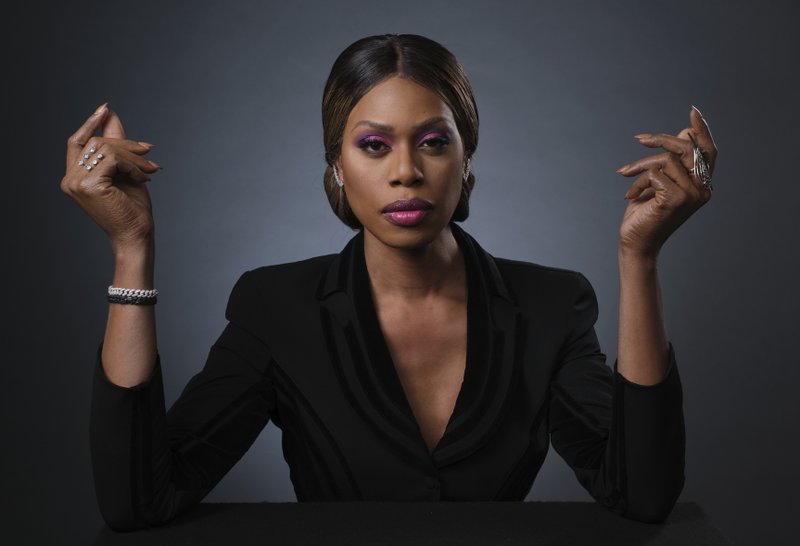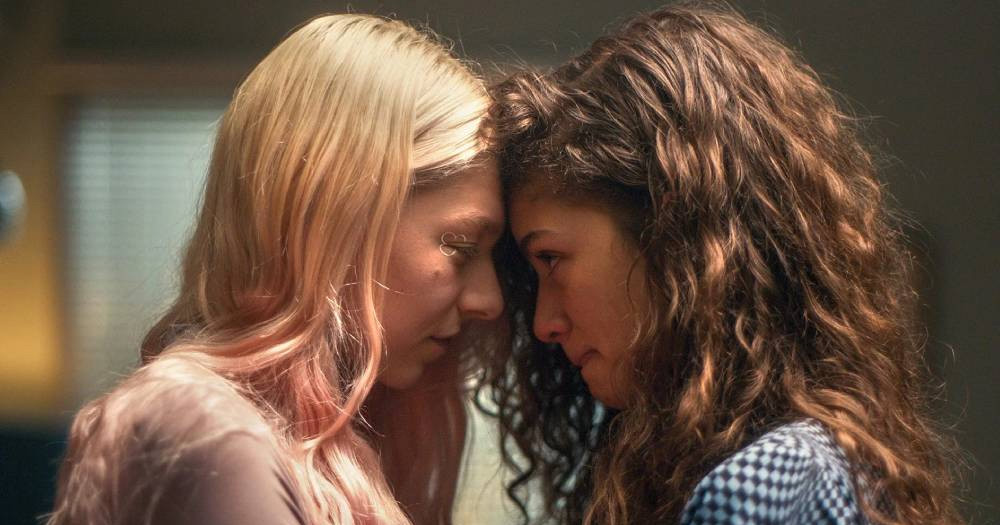It’s an understatement to say Hollywood is a tough industry to break into. It’s a boys club that hasn’t changed its values and ideas about who gets to run the show, and who gets to be the star in front of the camera. However, all that is changing–and has been changing in a big way since the #MeToo movement–with trans people breaking boundaries in show business and setting a precedent for the future.
Hollywood has a massive problem with not only cultural appropriation but gender and sexuality appropriation. Just look at the film Ghost in the Shell with Scarlett Johansson, who played the lead character who was supposed to be of Asian descent.
With huge backlash over that casting decision and Johansson’s choice to play the role even though she was aware of the misappropriation, it’s no wonder back in 2018, Scarlett Johansson’s announced that she was exiting Rub & Tug — the feature biopic about transgender mobster Dante “Tex” Gill that was to be helmed by her Ghost in the Shell director, Rupert Sanders.

For trans talent and creators, it was finally seen as a step in the right direction. Trans actress and producer Rain Valdez of Transparent, was in the middle of an on-camera interview when the news broke of Johansson’s departure. Pausing to catch her breath and push back tears. “That actually makes me a little emotional,” she said, “It’s not an easy industry for trans women. It’s not an easy industry for trans men.”
Valdez is right, there have been only a handful of trans actors and creators in front of and behind the camera in the past decade. But make no mistake, these trans people are making big waves and helping make a place at the table for future trans people in Hollywood.
Laverne Cox jumped into the spotlight in 2013 when she started playing Sophia Burset on Netflix’s Orange Is the New Black. In the show, she played a transgender inmate in a women’s prison. For her role on the show, Cox was nominated for three Emmy awards, making her the first openly transgender person to be nominated for a Primetime Emmy in an acting category.

That same year, Joey Soloway was introduced as a champion of trans-centric storytelling with Amazon’s Transparent. Ryan Murphy, long a champion of LGBTQ+ talent, doubled down with his FX drama Pose, which employs more trans actors and storytellers than any series in history.
And recently Hunter Schafer made leaps and bounds as her role of Jules in Euphoria, for playing not only one of the youngest trans characters, but also one of the only trans characters on TV that doesn’t actually struggle with her identity. “There need to be more roles where trans people aren’t just dealing with being trans; they’re being trans while dealing with other issues,” Schafter told Variety. “We’re so much more complex than just one identity.”

Hollywood is slowly (emphasis on slowly) becoming more diverse and more open to telling marginalised people’s stories. Jamie Clayton of Netflix’s Sense8 said: “If you’re going to tell stories about marginalised people, and you don’t include those marginalised people in that storytelling, it’s going to come across as very inauthentic and problematic…What makes you think that you can tell a story of a trans person if you’re not trans and you don’t know any trans people and you don’t hire any trans people?”
While many productions are paused due to COVID-19, inclusion and representation in Hollywood continues to grow and become more diverse as audiences demand more stories about marginalised people. With this trans people have and will continue to break boundaries in show business and carve the way for the future of trans talent.
© 2020 GCN (Gay Community News). All rights reserved.
Support GCN
GCN is a free, vital resource for Ireland’s LGBTQ+ community since 1988.
GCN is a trading name of National LGBT Federation CLG, a registered charity - Charity Number: 20034580.
GCN relies on the generous support of the community and allies to sustain the crucial work that we do. Producing GCN is costly, and, in an industry which has been hugely impacted by rising costs, we need your support to help sustain and grow this vital resource.
Supporting GCN for as little as €1.99 per month will help us continue our work as Ireland’s free, independent LGBTQ+ media.
